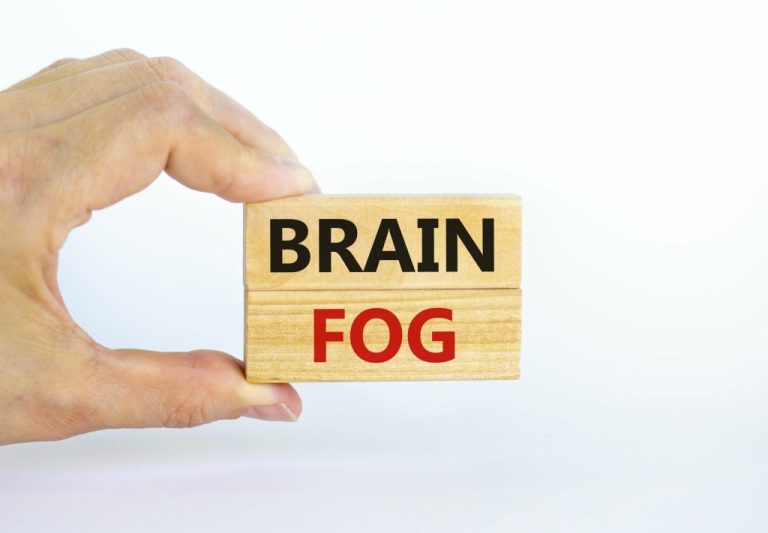Regardless, it’s always a good idea to look for mental health help if you’re experiencing something that causes you distress. These overlapping traits can make it hard to distinguish alcohol misuse from narcissism. In some cases, someone who’s misusing alcohol may display similar tendencies to narcissistic people http://blogrider.ru/blogs/214820/posts/id/9917199/best_diet_without_losing_your_beauty.php — or at least, it might come across that way to those around them. Narcissists are full of entitlement and lack empathy for others, so they may do whatever they want to others with no regard to their feelings. Alcoholics do the same when they put their drinking first without concern for how it affects others.
Diagnosing alcoholism and NPD
Aggressive behavior and pathological narcissism were linked to alcohol overuse in a 2017 study of Canadian men. The association remained intact even when researchers accounted for general psychological distress as a trigger for coping responses like alcohol use. https://www.makak.ru/2009/12/01/spisok-sntp-serverov-vremeni-simple-network-time-protocol-dostupnykh-v-internete/?amp;fdx_switcher=true Similarly, people with dual diagnosis can manage their symptoms with appropriate treatment. To treat dual diagnosis, people will receive treatment options for both NPD and AUD. Individuals can discuss how NPD and AUD can affect the other with their doctor.
- It offers flexible treatment options that allow individuals to receive the care they need while maintaining their daily responsibilities.
- By adopting these measures, you can reduce the risk of these conditions and improve their overall well-being.
- While narcissism and alcoholism don’t always occur together, there are some reasons why narcissists might be more prone to developing an alcohol use disorder than the average person.
- When drunk, a narcissist may use their charm to seduce individuals, pushing boundaries and engaging in risky behaviors to feed their need for attention and excitement.
- According to a 2019 study in Behavioral Medicine, 40.6% of NPD have substance abuse problems.
Alcoholism Treatment
Narcissists consider themselves to be elevated beings with heightened intelligence, power and importance. Genuine remorse comes from self-awareness that a narcissist cannot feel due to their sense of grandiosity. Narcissistic friends require constant admiration or sympathy from their friends to bolster their self-esteem [3]. They can turn aggressive, physically or verbally, when they don’t receive the admiration they crave [3]. People with NPD are unempathetic, use people compulsively, and struggle to respect boundaries [2].

Alcoholism Treatment Options
They may also garner respect for being able to consume more than others or for their willingness to engage in risky behaviors while drunk. Drinking alcohol may be a way for them to project a carefree and fun-loving image, further bolstering their https://harmonica.ru/tabs/jane-says grandiose self-image. They tend to display more passive-aggressive behaviors, self-pity, and a victim mentality. When a narcissist gets drunk, the situation can quickly deteriorate as their grandiose behavior becomes increasingly exaggerated.

- Narcissists hate rejection and are liable to respond aggressively or use manipulation to make you change your mind.
- Recognizing the need for intervention is the first step towards a path of recovery and healing.
- Alcohol can have a profound impact on individuals with narcissistic personality disorder (NPD).
- By addressing both the underlying narcissistic traits and the alcohol use disorder, individuals can work towards a healthier and more balanced life.
Grandiose and Vulnerable Narcissism and Alcohol Outcomes
- This is especially true if you have conflicted emotions and are reluctant to speak with others who might judge you or your relationship.
- Alcohol withdrawal can be dangerous, so it’s important to seek medical help.
- Recognizing these links traits may enable individuals to seek appropriate help in managing these conditions.
- You could start by engaging with a mental healthcare provider or treatment center that specializes in dual diagnoses.
- If you think you have NPD, try to make an appointment with a mental health professional.
Understanding the Connection Between Narcissism and Alcoholism
